2022 AUCA Annual Conference Review
2022 AUCA Annual Conference Review
On August 5th, 2022 AUCA Annual Conference was successfully held in Beijing - Cornell China Center and Shanghai - Tsinghua Innovation Center Shanghai. For the first time, AUCA adopted a hybrid model to host the event in Beijing, Shanghai and virtually on Zoom at the same time. More than 70 members and non-members joined the conference. The theme of the conference is “Reboot International Education in Post-pandemic Era”. At the conference, AUCA invited members and non-members from various fields to share their practices and insights on future of international student mobility and partnerships.
Opportunities of International Education in Hai’nan Province
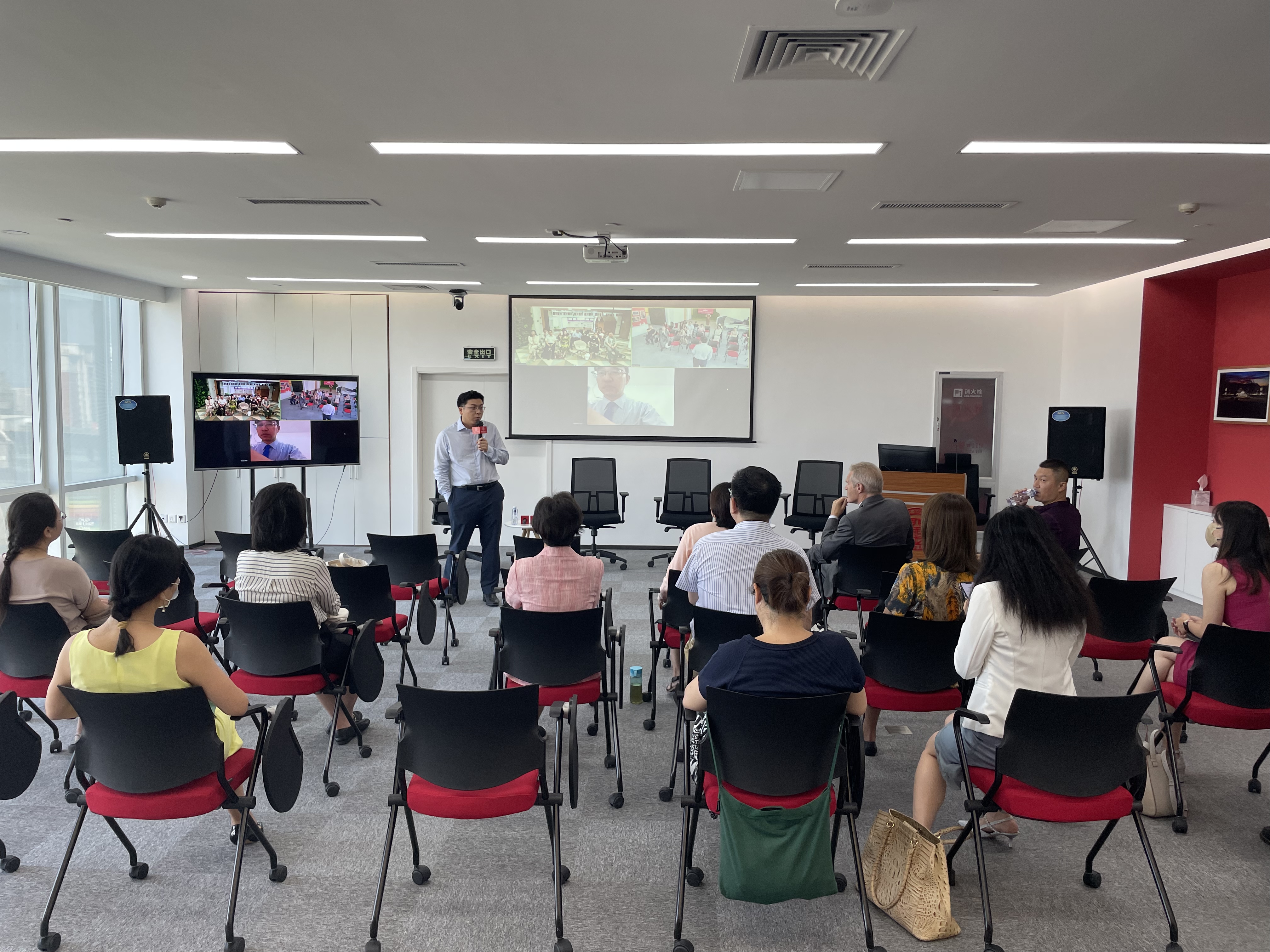
First of all, AUCA delivered a brief introduction of 2022 AUCA membership renewal status and the 5 working committees with their previously held recruitment, career and alumni events. Then, Mr. Wentao Zou, Deputy Director of Lingshui Li 'an International Education Innovation, introduced the opportunities of international education in Hai’nan Province.
Mr. Zou mentioned that since Lingshui Li’An international education innovation pilot zone officially opened in June 2020, Hai’nan Province has been positively implementing the fundamental strategic framework, aiming to establish itself as an alternative destination for students who want to study abroad. This marks Hai’nan Province’s significant progress in opening up its education sector. He noted that as China’s first industrial park with international education opening up as its core mission, the pilot zone is committed to introducing first-class universities at home and abroad and creating an education destination for Chinese and global students, to realize the vision of “studying in Hai’nan equals studying abroad”. This autumn, more than ten universities with three different educational modes will open in the pilot zone. The pilot zone is not only an innovative experiment for initiating the International Talent Program, but also guided a new direction for professionals in the international education field.
Future of Student Mobility Programs
After that, Paul Turner, representative of IIE, Kevin Wang, Director of Boston University China Office and Guo Liang from Shanghai Jiao Tong University International Office shared their insights on “Future of Student Mobility Programs”.
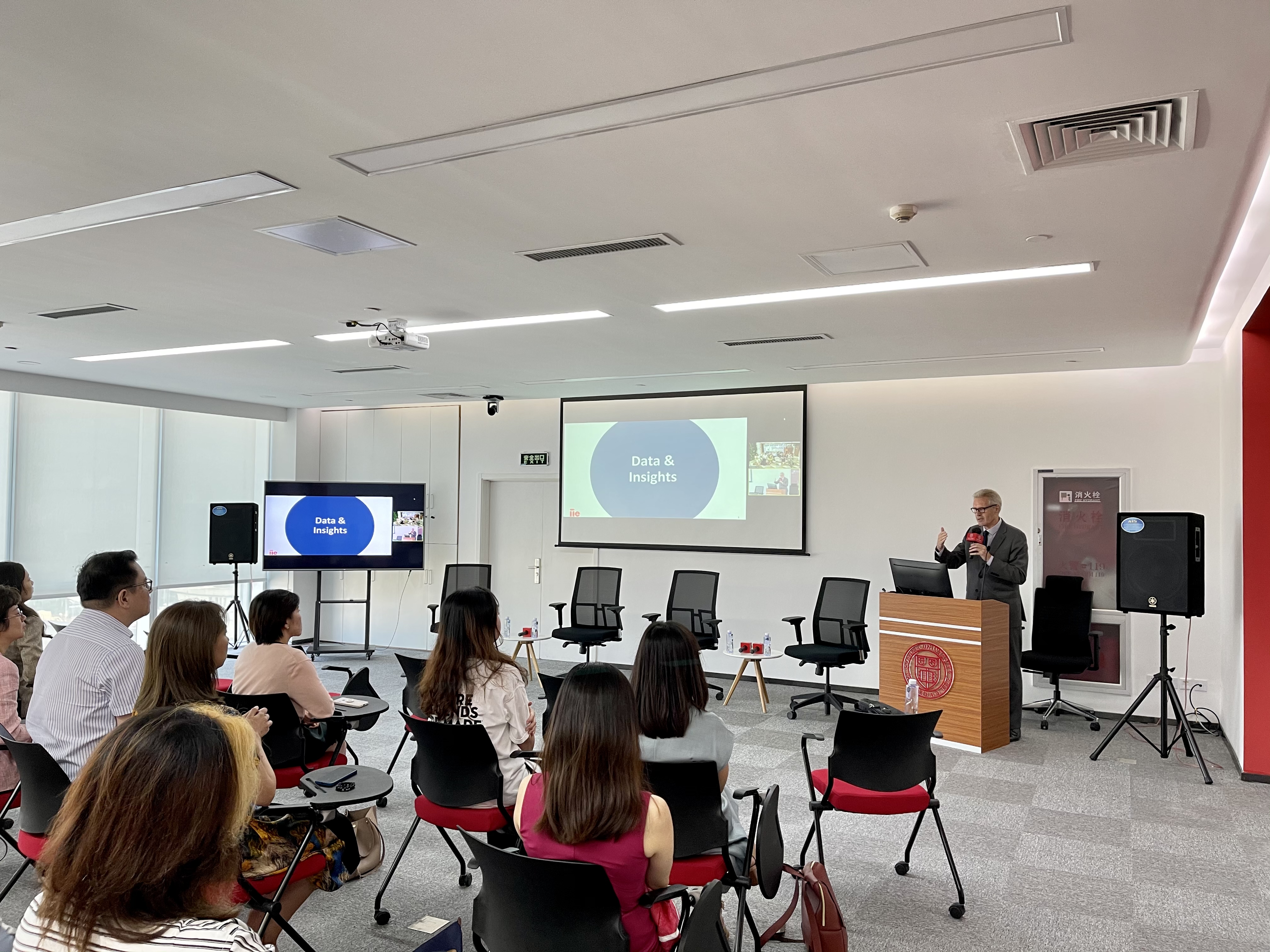
Mr. Turner talked about the current situation of international exchange students in East Asia. In 2020 and 2021, the number of international exchange students has fallen respectively in East Asian countries, and the number of international exchange students from the United States to East Asia has decreased dramatically by 63.6%. The data shows that student mobility programs suffered a serious backward trend in the last few years.
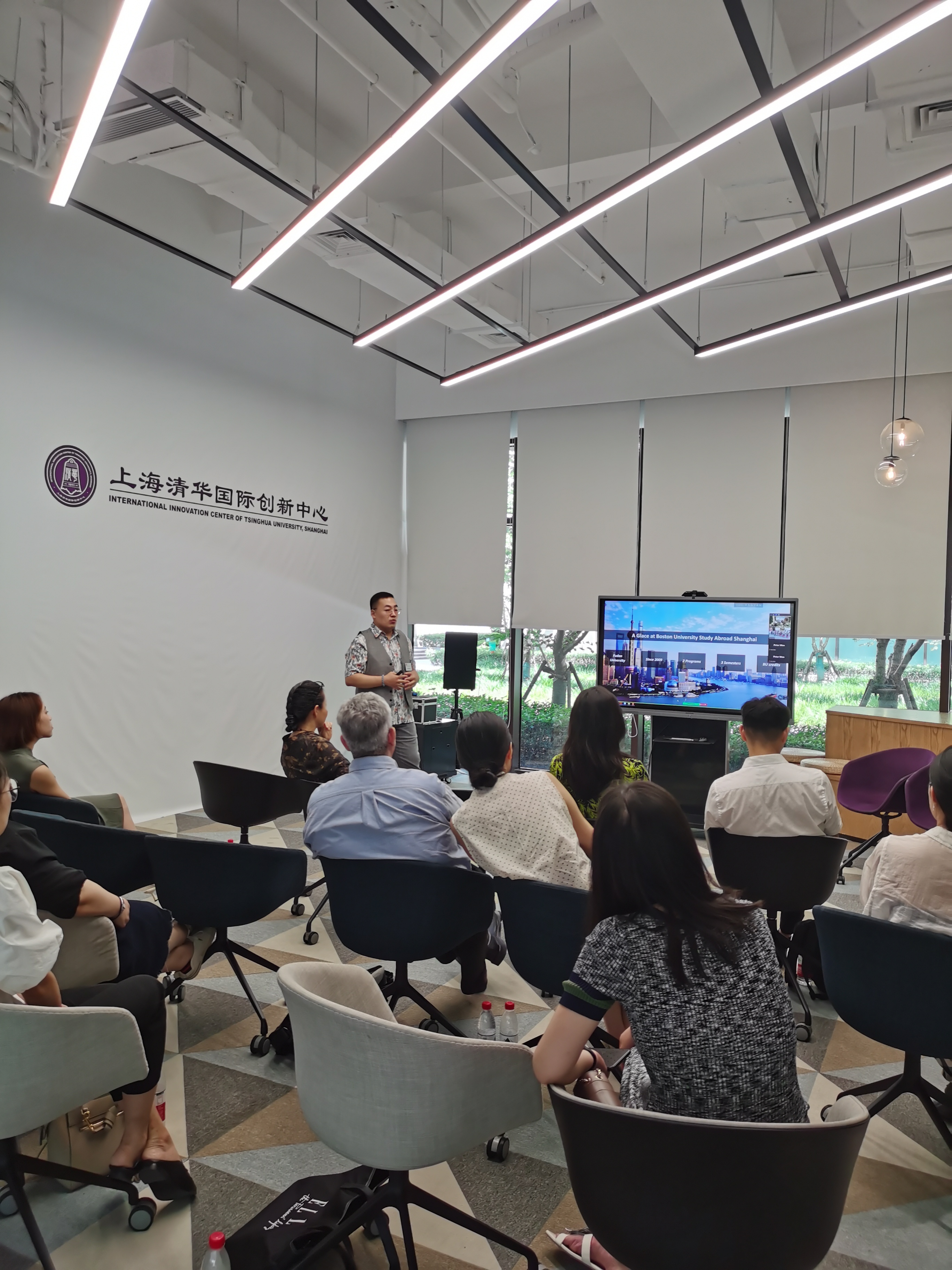
Mr. Wang took Boston University’s overseas exchange program in Shanghai as an example to discuss the current challenges and future trends of student mobility program. He said that students' interest in studying abroad will gradually return in post-pandemic era, while student mobility programs will face more and more challenges. However, the experience brought by exchange programs cannot be replaced by online events. As a result, the situation of student mobility programs will definitely turn around despite the current grim circumstance.
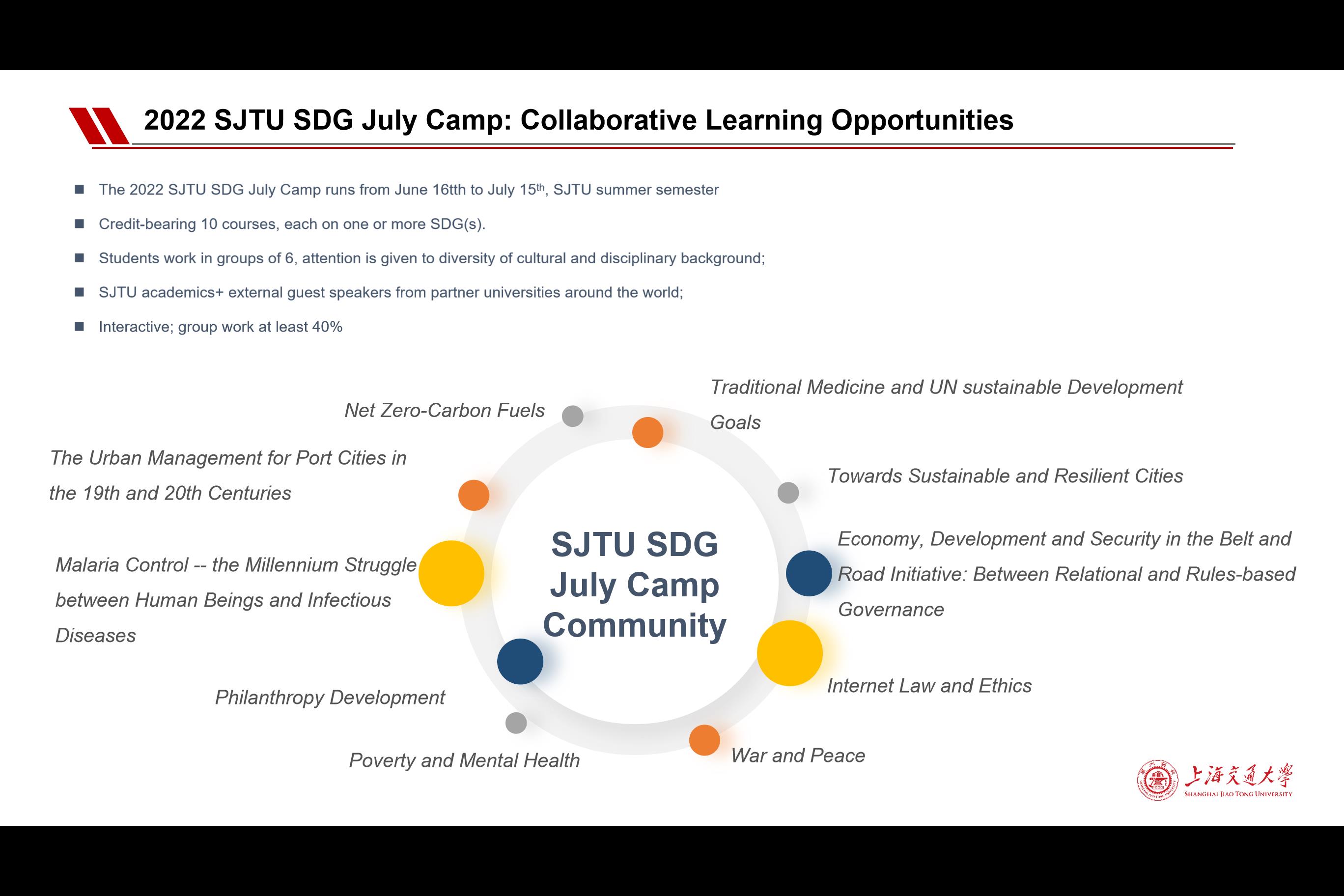
Finally, Mrs. Guo delivered a speech called “Making Virtual Activities Work”. She introduced several virtual student mobility programs, especially the 2022 SJTU SDG July Camp, which aims to provide collaborative learning opportunities for Chinese and global students. All the courses and activities were held online, including ice-breaker and weekly interactive activities, and they were warmly welcomed by students. This fall, SDG will launch a virtual seminar program to increase collaborative learning and intercultural communication. The improvement of virtual events remains a good way to fight against the decline in student mobility programs. Nowadays, it is rather difficult to host in-person exchange programs, so we can focus more on virtual events and make them stronger.
Case Studies of Sino-Foreign Partnership Programs
After a short break, the conference proceeded to the second panel discussion - Case Studies of Sino-Foreign Partnership Programs. We invited Weijia Wu, Senior Director for China Initiative, University of Colorado Denver, Steven Yin, Director of Indiana University China Gateway and Peter Wen, Manager of Cornell China to share their views.
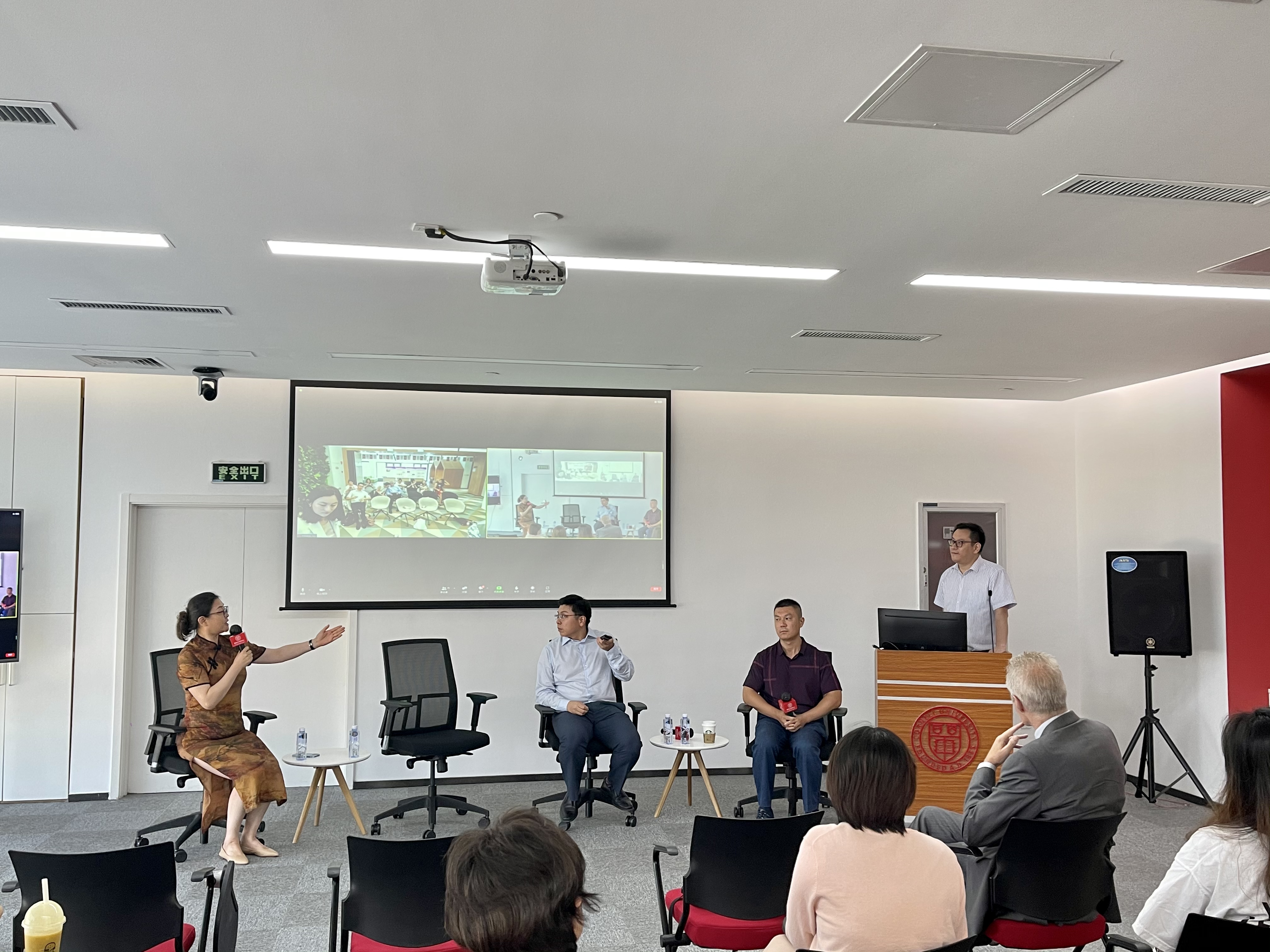
Mr. Yin gave an in-depth interpretation of the policy on Sino-Foreign Partnership Programs. He mentioned there are several models of Sino-Foreign Cooperation in running schools. He discussed the difficulties of “3+2” bachelor-to-master programs, talked about the problem of registration status of students who plan to go to the United States in their fourth year, and proposed two methods that IU applies to solve that problem. One way is to allow students to enroll as visiting undergraduates by taking a certain number of graduate courses and only a few undergraduate courses. After students get their bachelor degrees, they will begin their graduate study. Another option is to allow students to stay at domestic universities in their fourth year. They will take postgraduate courses offered by Chinese universities and recognized by IU. The credits students obtain via postgraduate courses are also transferable to American universities. After students get their bachelor degrees, they will go to the United States to begin their study as graduate students. In regard to the implementation of specific programs, universities should consider appropriately and make choices according to their own circumstances.
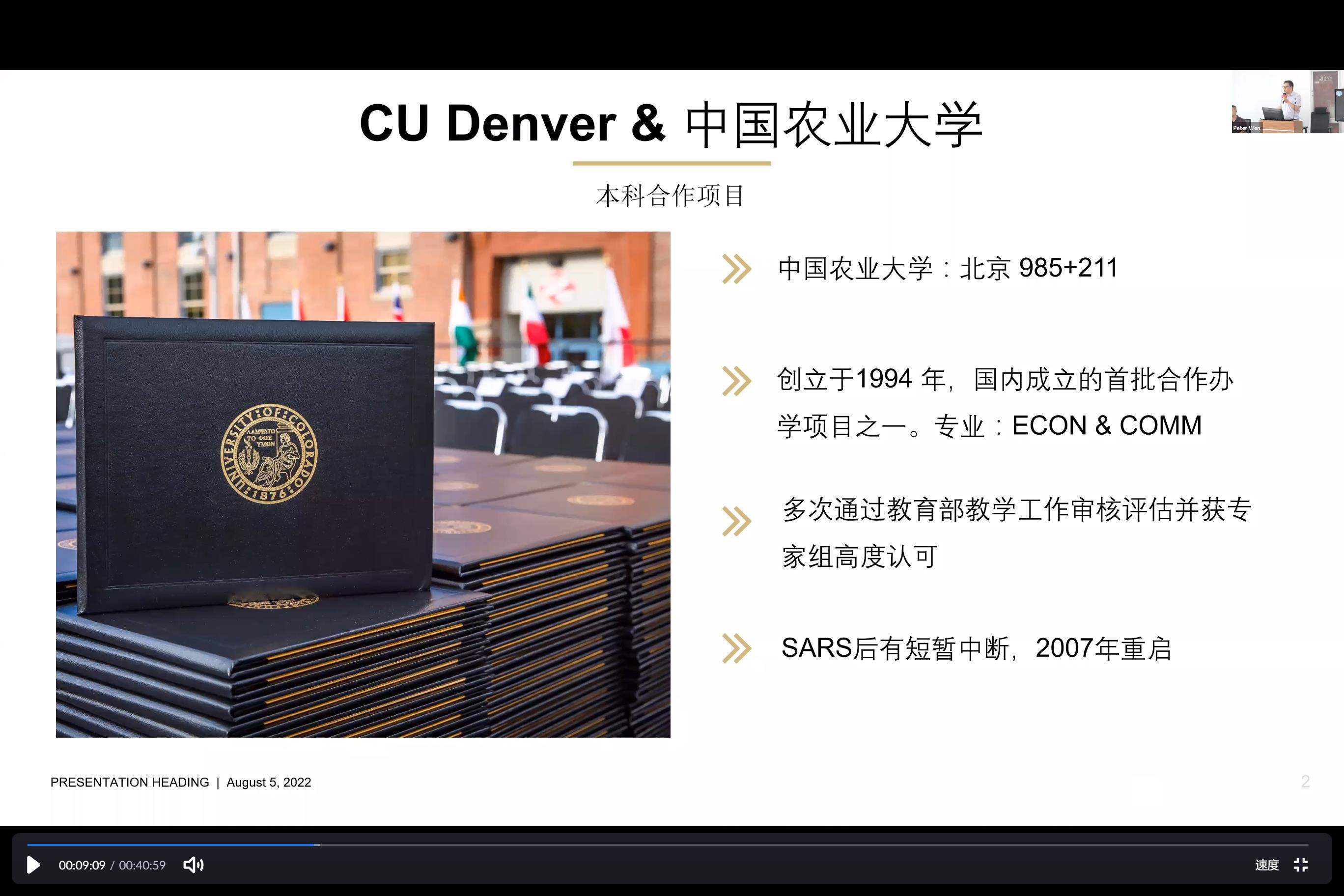
Then, Mr. Wu introduced the Sino-Foreign Partnership Programs that launched jointly by CU Denver and China Agricultural University. Students can choose to study in Chinese universities for 4 whole years, or go to the United States as exchange students in their third or fourth year. Denver only accepted students when they reached sophomore. The first year’s credits are also transferable. This kind of mode is the first form of Sino-Foreign Partnership Programs in China. CU Denver has witnessed the maturity and the growth of Sino-Foreign Partnership Programs, which is well worth our learning.
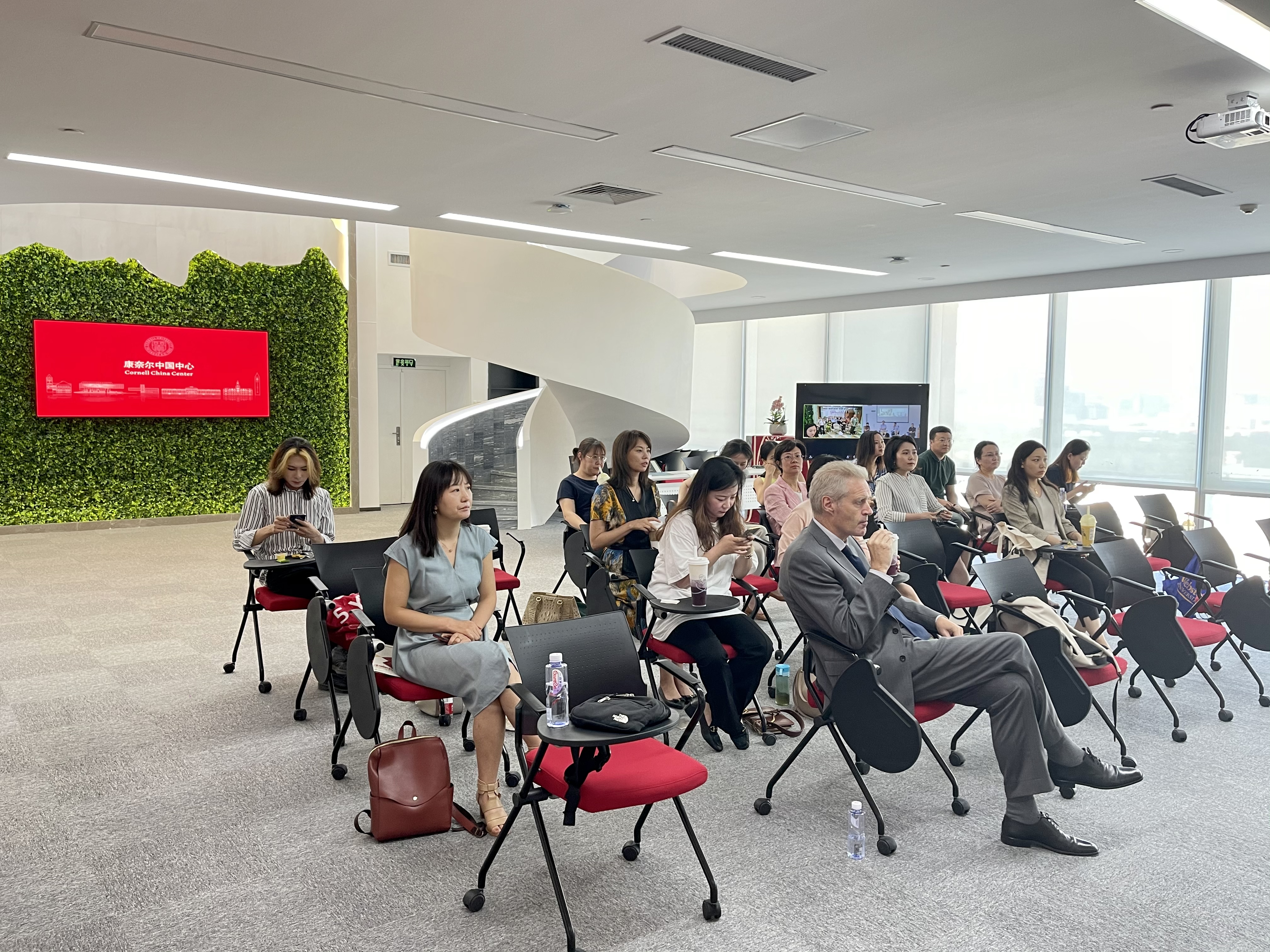
During the Q&A session, whether online or offline, participants devoted themselves to a heated discussion. When asked about the difficulty that foreign professors face to come to China, Mr. Wen answered, “Sino-Foreign Partnership Programs do encounter pressure from various aspects, including the problem that foreign professors have to come to China. However, the situation has improved since China began to adopt a more flexible policy on the visas of foreign professors last month.”
Mr. Yin also replied some questions about “3+2” programs. The original intention of this kind of program is to allow students to complete their undergraduate study in the first three years. In the fourth year, they will be able to go to the United States to begin their graduate study. In the same time, they will take online courses to finish the fourth-year study required by Chinese universities. In this way, students can get both a bachelor degree in China and a master degree in the United States in only five years.
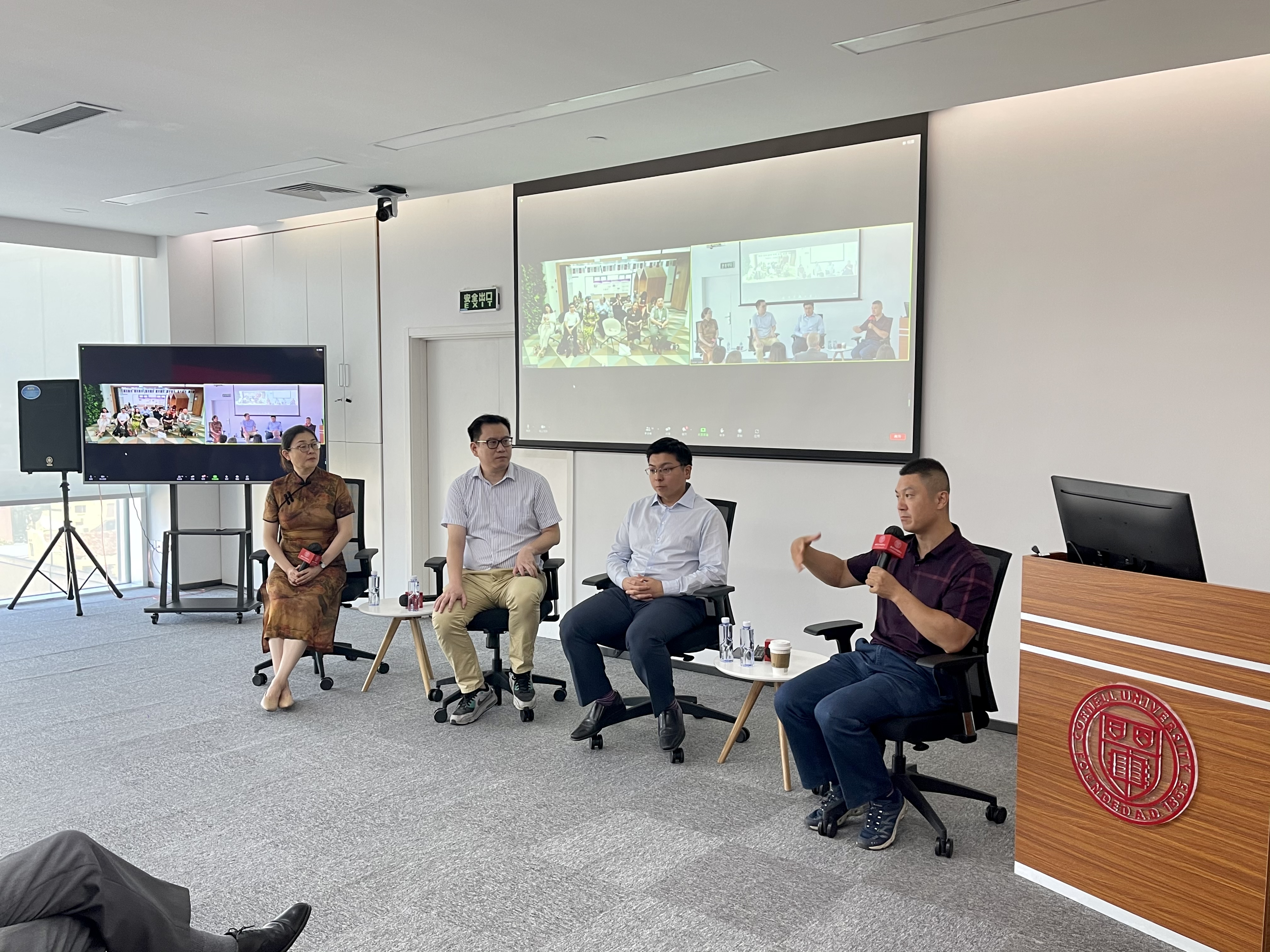
2022 AUCA Annual Conference successfully ended in participants’ satisfaction and cheerfulness. The conference, featured with the theme of “Reboot International Education in Post-pandemic Era”, introduced the opportunities and development of international education innovation pilot zone in Hai’nan Province, discussed the current situation of student mobility programs and provided insights of the challenges and difficulties in the field of international partnerships. Through real-time online and offline interaction, participants not only learned more information and details about the latest news in the field of international education, but also had a deeper communication and learning with professionals. Participants said they appreciated this opportunity that AUCA offered and have benefited greatly from the event.
